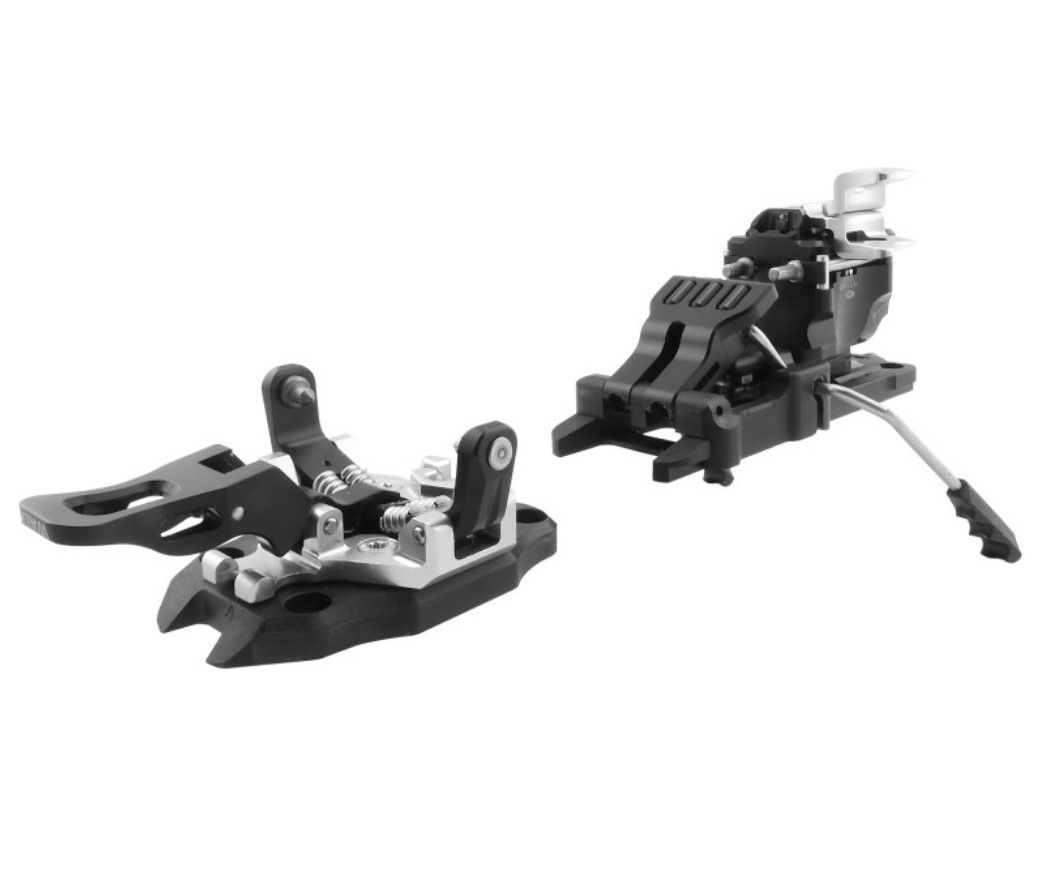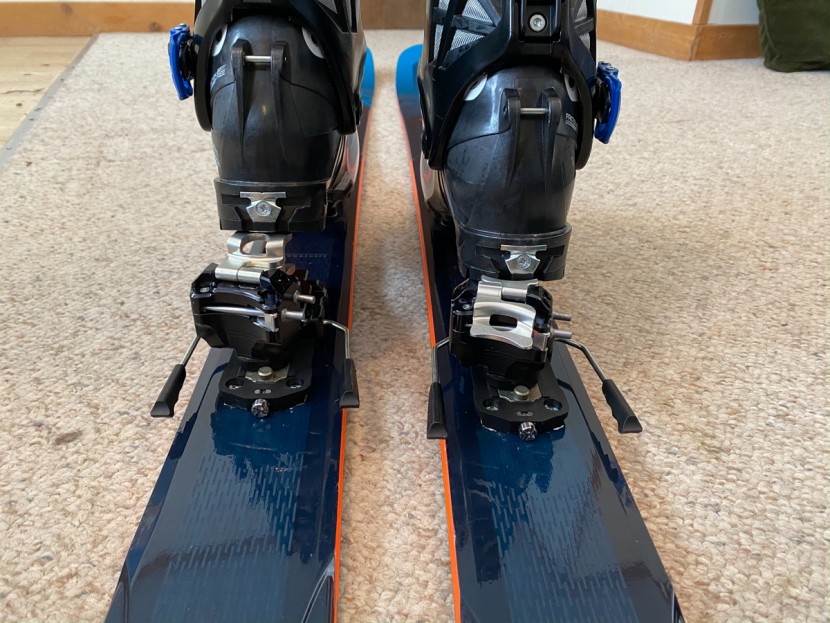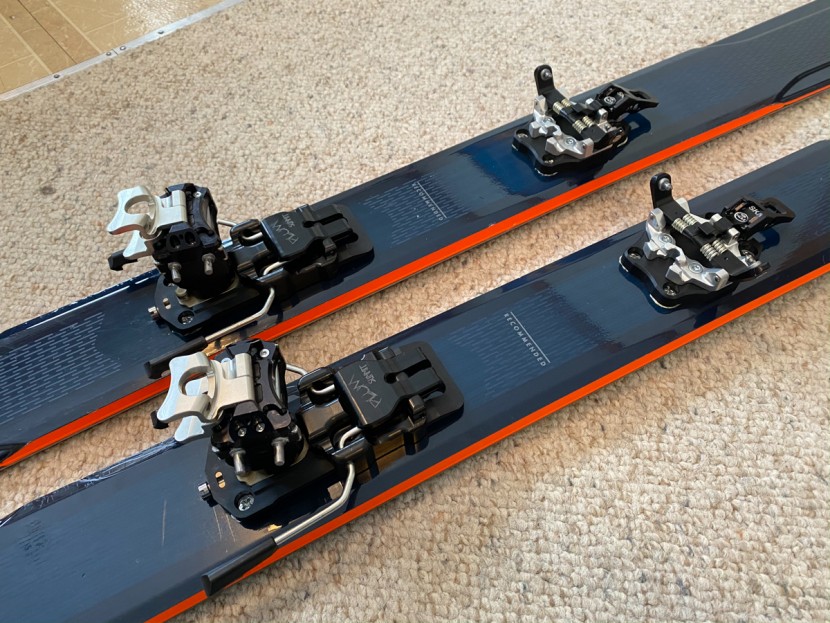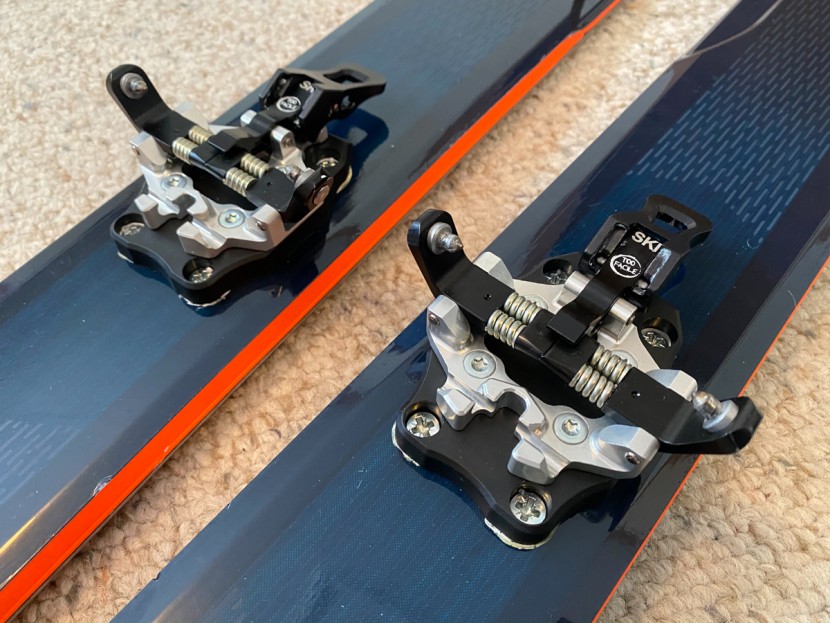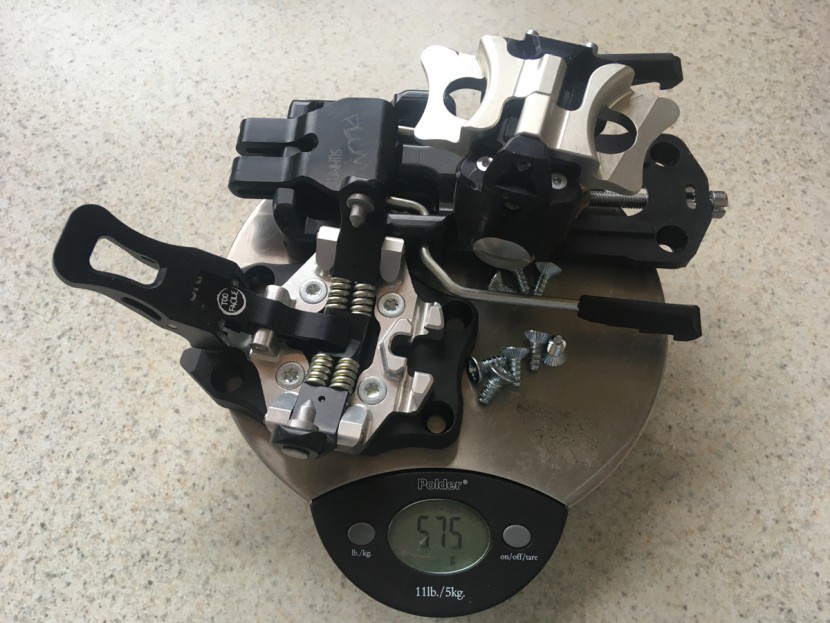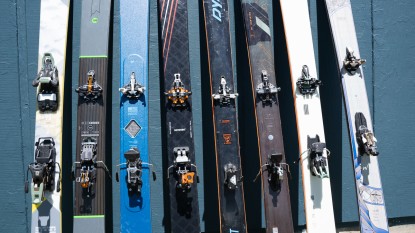Plum Summit 12 Review
Our Verdict
Our Analysis and Test Results
Plum's “Guide” binding was an early competitor to long-time category dominant Dynafit. It was French, all-metal, boutique-made, and unique. People jumped on board, but the binding always lagged behind the Austrian option. As a small company, it took Plum some time to update that venerable Guide model. Other companies have now joined the fray and offer sophisticated and great products.
Plum is keeping up and now offers the Summit series of bindings as their all-purpose, full-function product. All they make are bindings, and the Summit series is their flagship product. There are modern updates that make it more competitive with others, but they still aren't as sophisticated as the closest competition.
Touring Performance
In assessing touring performance, we consider toe pivot range of motion, propensity for icing, and heel riser options, range, and deployment. The Plum Summit, whether you choose the model with higher or lower release values, is a good touring binding, in the grand scheme of things.
The heel lifters are the best part. As many are coming to expect, there are three heel elevation options, and one can move between them with the flip of your ski pole. The range of the heel lifters is broad and covers all you might need or think you need. The Plum toe pivot range is all you would ever need. The all-metal, relatively bulky construction, and inclusion of a somewhat complicated brake means that the Summit collects more ice than average. You'll battle this a little, especially in relatively warm, fresh-snow situations.
Downhill Performance
The Plum Summit binding is almost exactly average in downhill performance. The rigid, all-metal construction lends a secure perception. The release characteristics and range are typical for non-certified tech style bindings. In our testing, we had no issues with release. Our lead tester came out, thankfully, in a high speed submerged rock impact. In tens of thousands of feet of high energy skiing, none of our testers had any “pre-release” issues.
The Summit binding geometry is a bit of an outlier. The stack height is higher even than some of the “crossover”, inbounds and out, bindings. In our measurements, the stack height is 48mm. Similarly, the binding toe-heel delta (difference between toe height and heel height, in millimeters) is well above average. We measured a 15mm difference between the toe pins and heel pins, in downhill mode. The average is about 10mm. Now, how much this binding geometry will affect your ski experience is mainly up to you and your preferences. In the primarily soft-snow conditions we've encountered with a variety of tester boots, we noticed no ill effects of this outlier binding geometry. If it matters to you, you likely already know your preferences from years of ski instruction or ski racing or both.
Ease of Use
Plum's updates that yield the Summit 12 mainly seem to be in the “ease of use” category. As compared to earlier Plum bindings, the Summit is definitely easier to use. As compared to average bindings from other manufacturers, they are nothing special. Transitions are typical. Stepping in and out of both downhill and tour mode is comparable to other tech bindings. Like any tech binding with brakes, the heel piece is sometimes reluctant to let go of your boot when stepping out of downhill mode. The brake is difficult to transition some of the time. When stowing the brake away for uphill mode, sometimes a simultaneous stomp and hand-lift is required to get the brake to lock. In other situations, one or the other of these strategies does the job. We are not yet sure what variables affect this experience.
Weight
At 576g per foot the Plum Summit 12 is relatively heavy. In our review, for instance, it is among the heaviest of those that aren't ISO/DIN certified. It is more than a full pound heavier than either of our Editors Choice winners. It is a half pound heavier than average.
Durability
With that greater weight you get, conceivably, greater durability. The Plum Summit is made entirely of metal. Most other bindings have some plastic or composite components. So far, our testing of the Summit series bindings hasn't fully taxed the durability. However, our experience with other Plum products suggests that they will hold up. Our examination of failure-prone parts indicates that the Plum is indeed quite robust.
Value
The cost of the Plum Summit is in line with other bindings that share the same basic feature set. For the cost, elsewhere you might get lighter construction or ISO/DIN certification. But you won't get both at any cost.
Conclusion
You will want to like the Plum Summit 12 (or the easier-releasing, but otherwise the same, Summit 7). It is sexy, all-metal, handmade by specialists in the French Alps, and has some modern updates. And you won't be wrong to like it. However, for us to highly recommend it is conditional on your brand loyalty and your quest for that cachet. In purely practical terms, there are better bindings available. Some even at a lower price.


